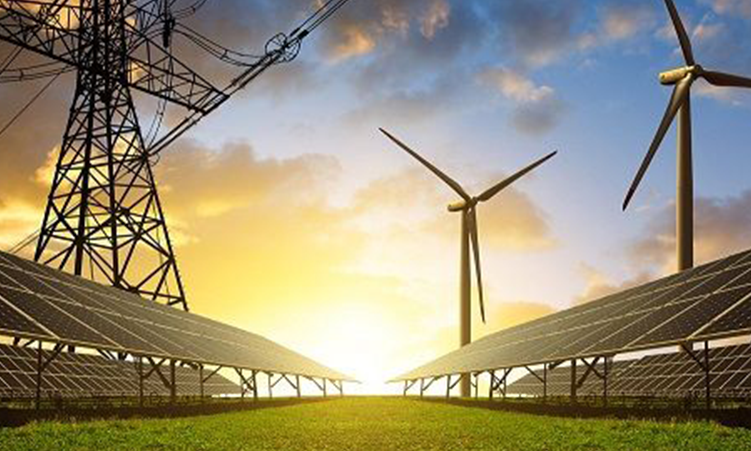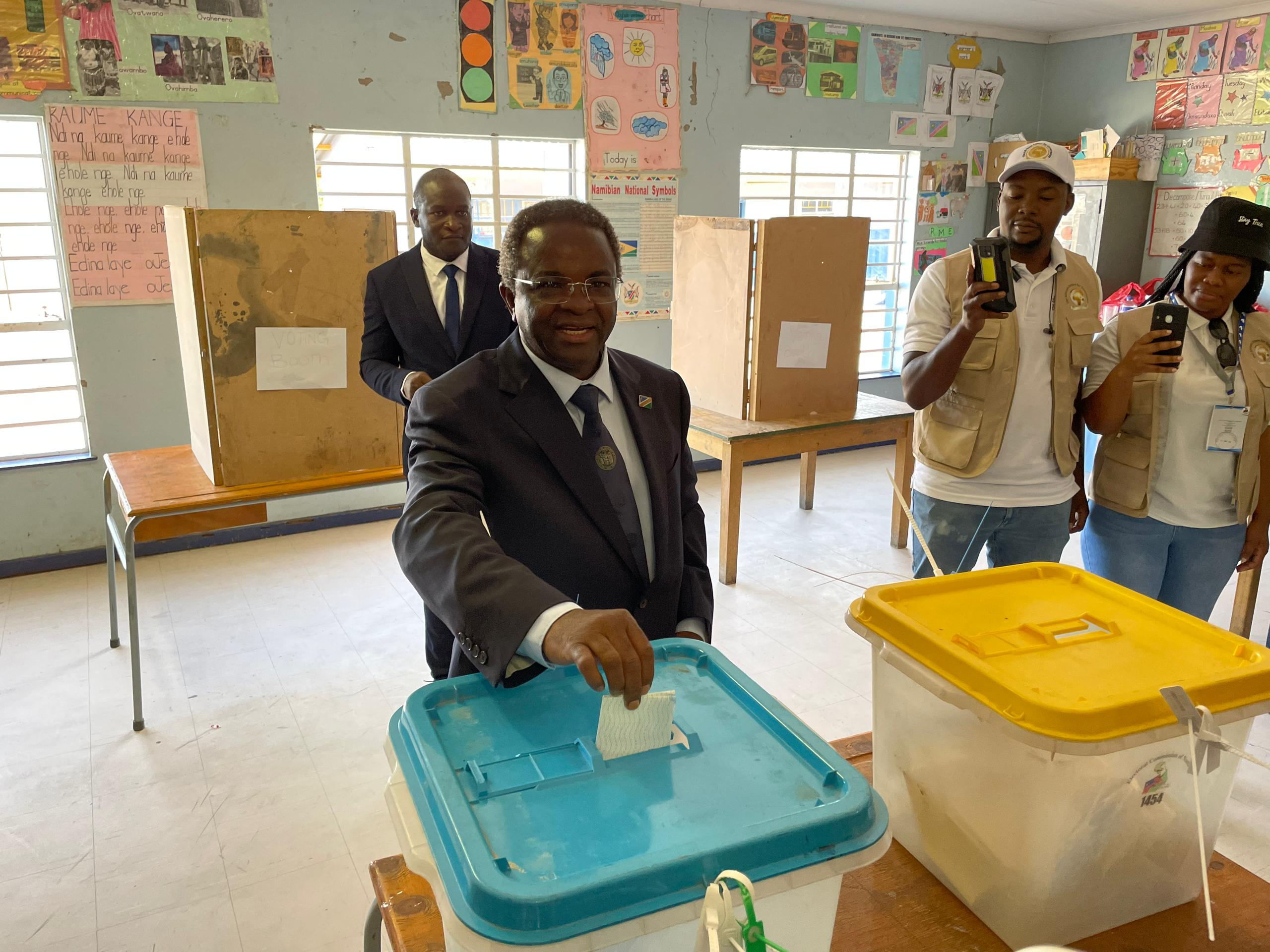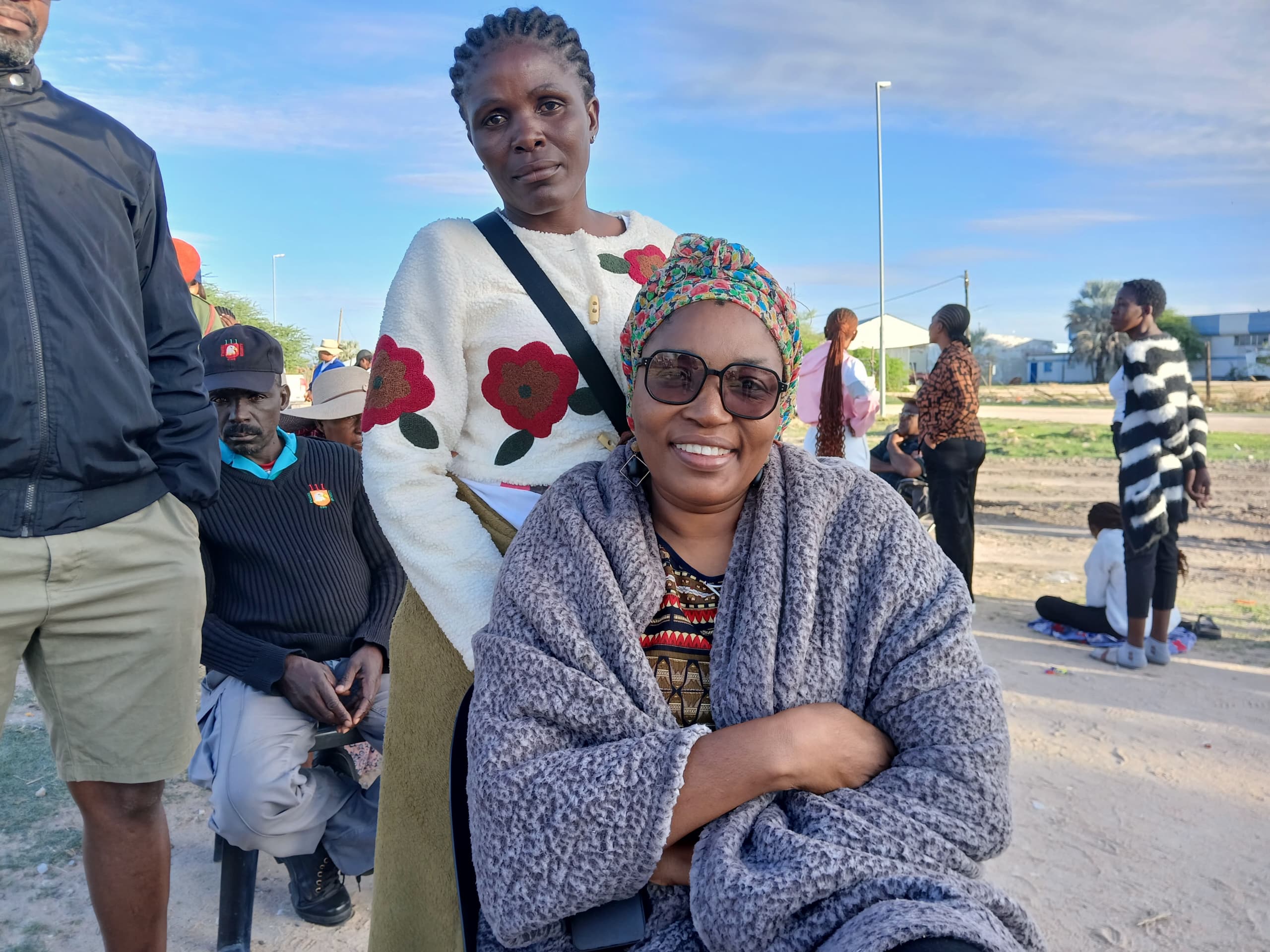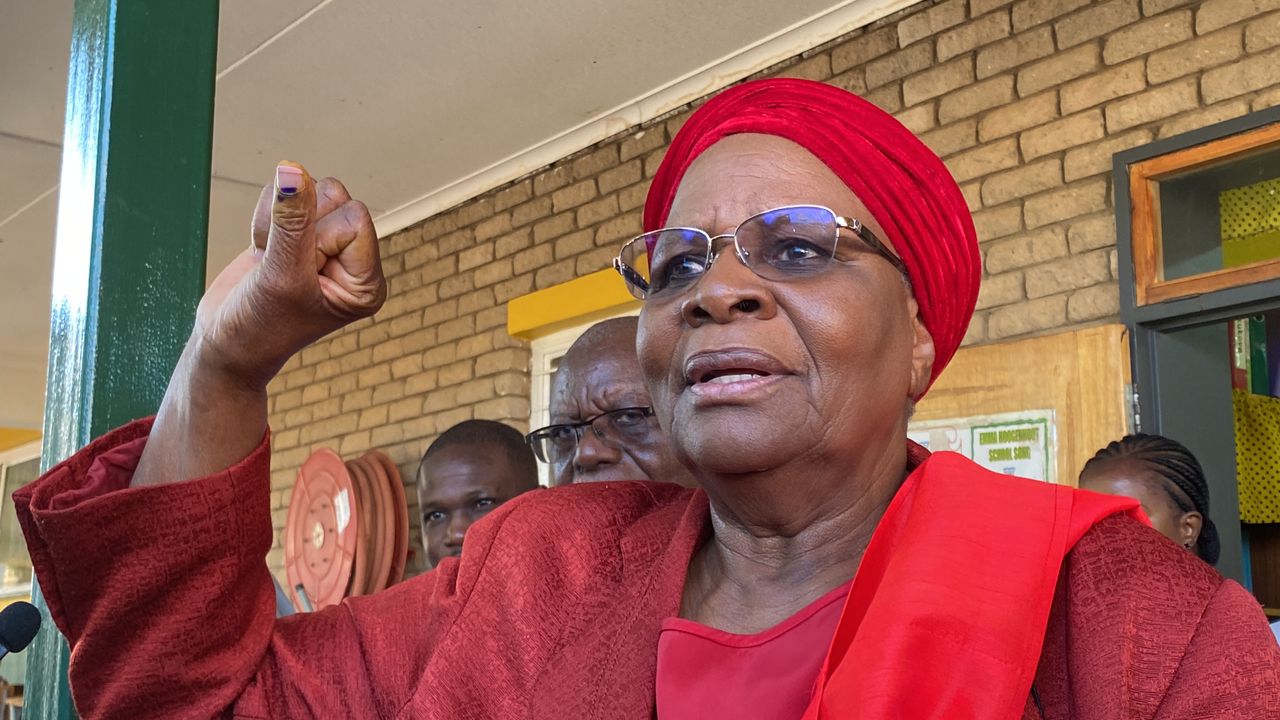African leaders have called for concerted investment in energy and water infrastructure to accelerate the achievement of the United Nations Sustainable Development Goals (SDGs) and the African Union’s Agenda 2063.
“We must rethink development and lead a transition that is climate resilient, truly just, people-centred, inclusive, and equitable to deliver on the promises of the agendas,” the Economic Commission for Africa’s acting executive secretary, Antonio Pedro, said at an Africa Day event on the sidelines of the high-level political dialogue in New York recently.
Held under the theme ‘Harnessing Water and Energy for Africa’s Sustainable Industrialisation and Inclusive Economic Transformation’, the event was co-organised by the United Nations Office of the Special Adviser on Africa, the United Nations Economic Commission for Africa (ECA), the African Union Commission, the United Nations Development Programme, and the African Institute for Economic Development and Planning.
Pedro said African countries have been disproportionately affected by multiple crises which have reversed development gains, but Africa had the solutions to sustainable development.
“There is no shortage of opportunities or African-driven blueprints and innovative solutions to enable us to achieve the SDGs and to propel us to the Africa we want.
“Strengthening our implementation capabilities is a sine qua non condition for success,” Pedro said.
Underlying the importance of harnessing water and energy for Africa’s sustainable industrialisation and inclusive economic transformation, he said water was an important enabler for the achievement of the SDGs and Agenda 2063.
For example, through the Great Blue Wall Initiative, the ECA, in collaboration with other partners, is seeking to accelerate the blue economy in the Western Indian Ocean region.
On energy, Pedro said there can be no net-zero by 2050 without universal access to energy by 2030, as it was essential to harness Africa’s abundant renewable and clean energy resources.
Africa currently attracts less than 1,5% of global renewable energy investments, which could be increased through improved regulatory and policy actions.
By taking the lead in the green hydrogen space, for instance, Africa could produce over US$1 trillion worth of green hydrogen a year by 2035.
The ECA, working with the secretariat of the United Nations Climate Change High-Level Champions and other regional institutions, is supporting the Africa Green Hydrogen Alliance members with green hydrogen potential.
If realised, this could contribute an additional US$122 billion to the gross domestic product of member countries, while creating about 4 million jobs by 2050, Pedro said.
“Not only are renewable energy opportunities immense, but they are also lucrative,” he said.
The global renewable energy market was expected to reach a value of close to US$2 trillion by 2030, and just 10% of this amount could add US$200 billion to Africa’s economy.
– Economic Commission for Africa
Stay informed with The Namibian – your source for credible journalism. Get in-depth reporting and opinions for
only N$85 a month. Invest in journalism, invest in democracy –
Subscribe Now!






